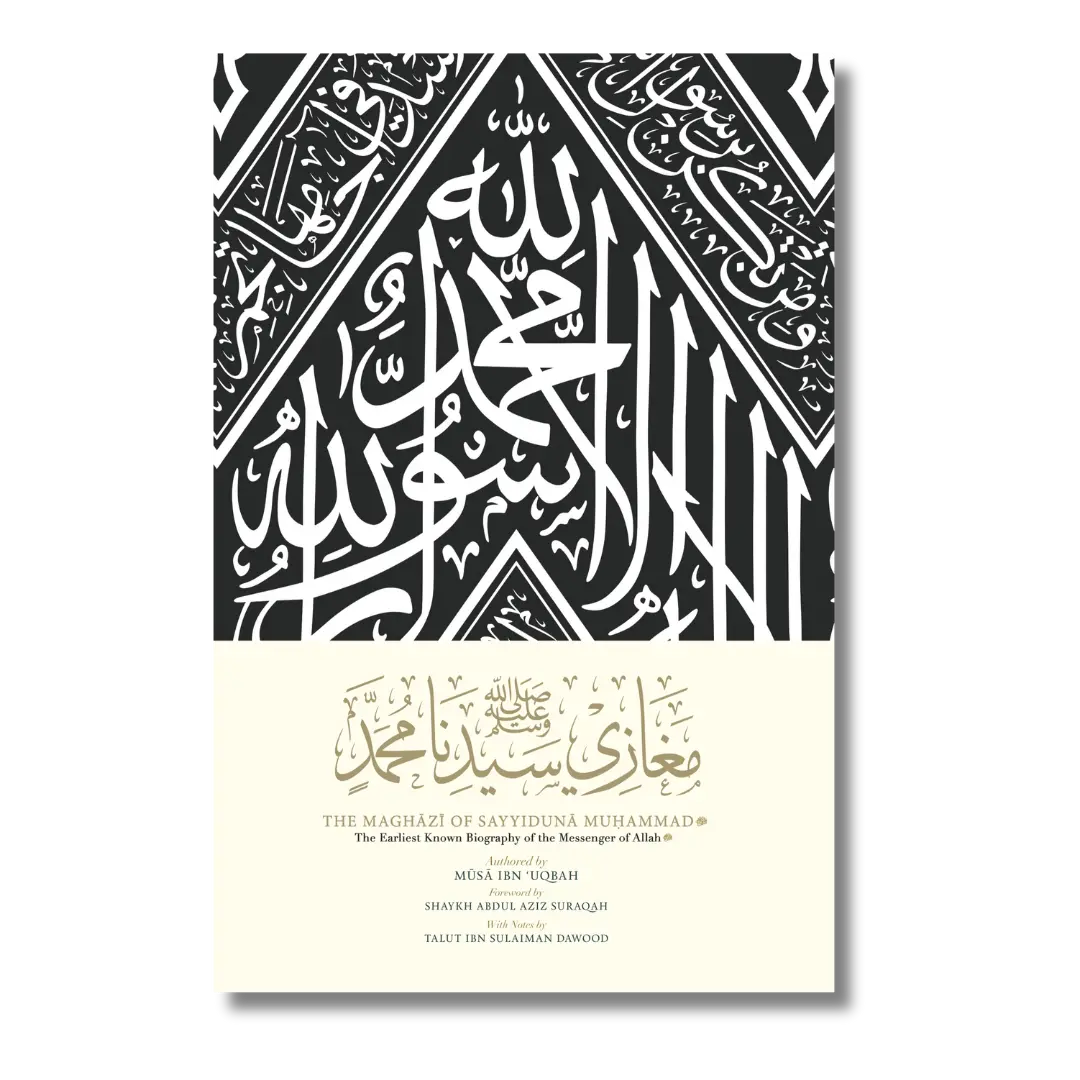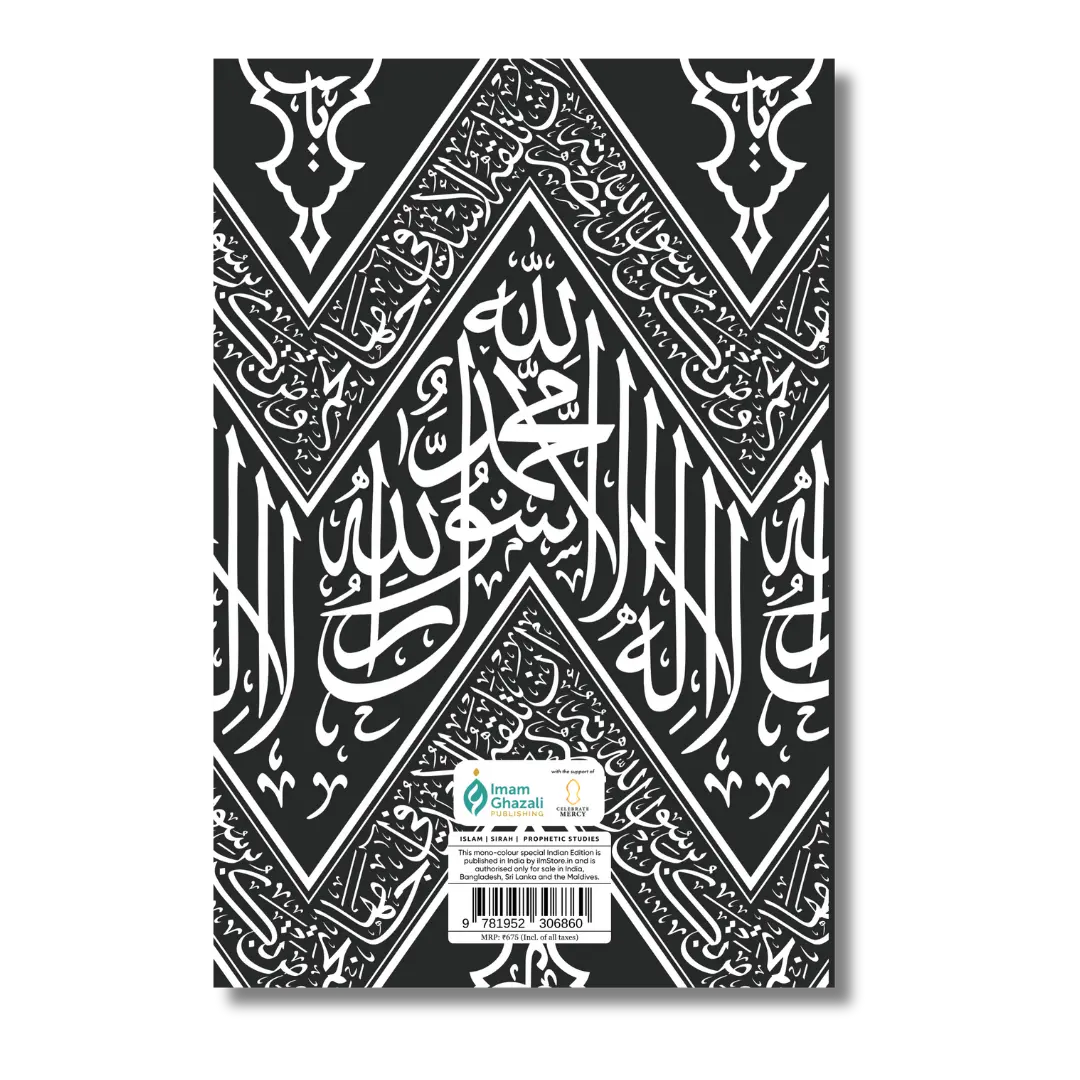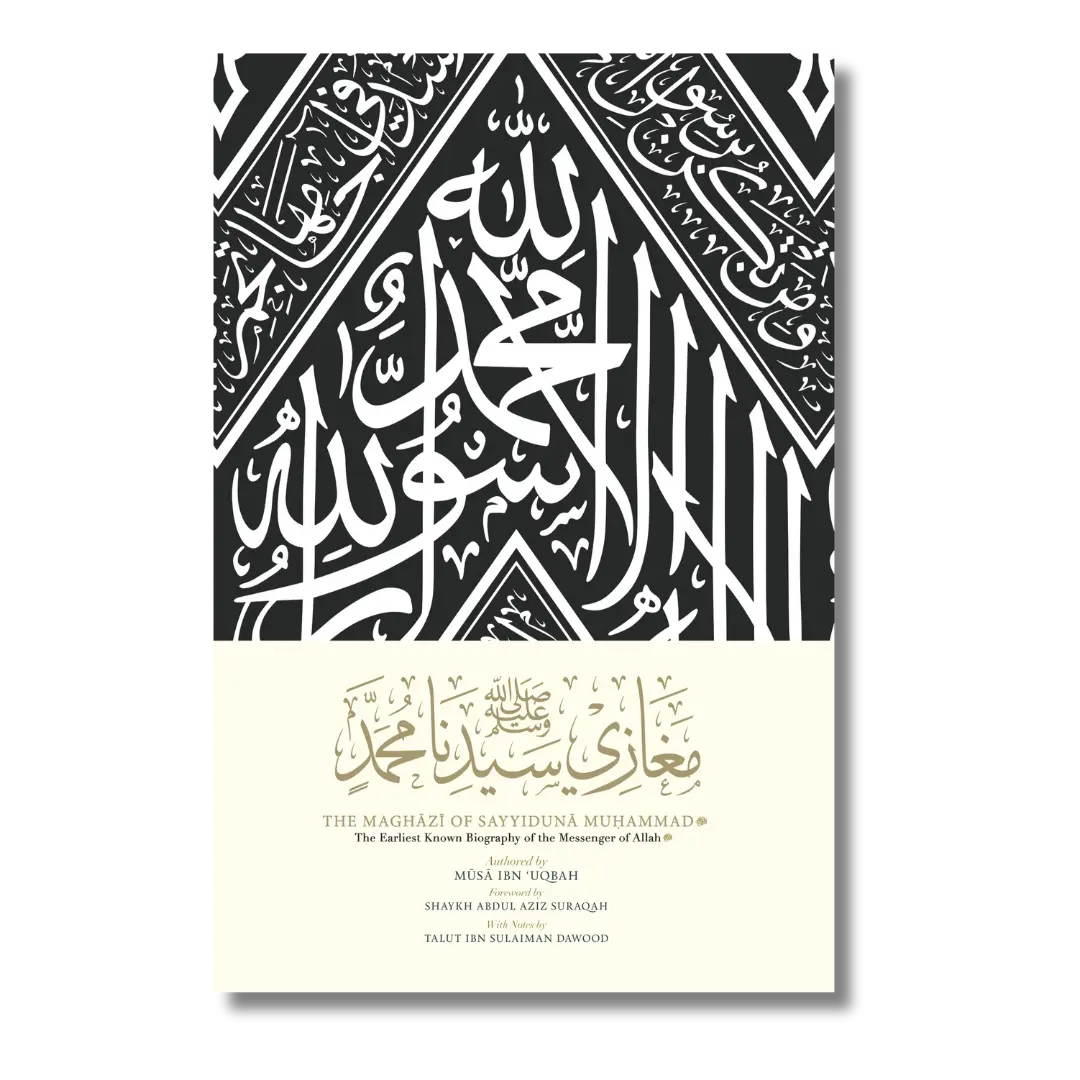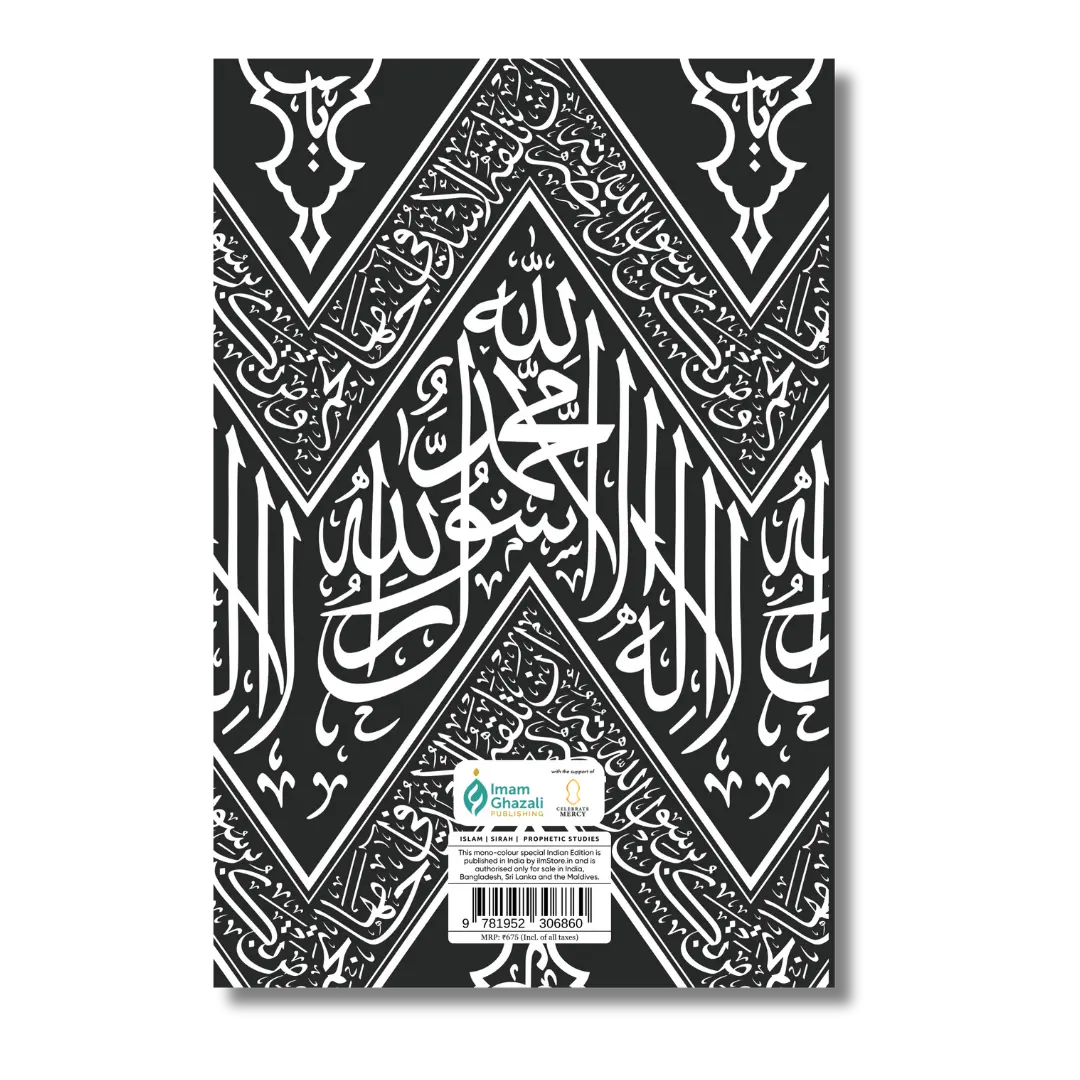Detailed Description
This text is the first English translation of The Maghāzī of Sayyidunā Muhammad ﷺ by the eminent Tabi'i scholar Musa ibn 'Uqbah, the earliest biography of the Messenger of Allah ﷺ currently known to exist.
Until recently, no copies of The Maghāzī of Sayyidunā Muhammad ﷺ had been seen for over 400 years, and most scholars believed the text to be lost forever. Thus the good fortune of its reappearance cannot be overstated. The discovery of its manuscripts in the archives of the National Library of Tunisia by Dr. Muhammad Tabarani is a significant event, the like of which the Ummah may not see again for many years, if ever. Ninety-one folios were found, which together contain approximately three-quarters of the original text. We hope that the remaining parts may be found soon.
Renowned in his own time as a muhaddith and historian, Mūsā ibn ʿUqbah ranks as one of the first individuals to compile reports specifically related to the sīrah, the biography of the Prophet Muhammad ﷺ. More significant, however, is the fact that his Maghāzī (Expeditions) was acclaimed by his contemporaries and by scholars of later generations, as the most authentic work of its genre. Those who praised him and affirmed his trustworthiness include Imam Malik, Imam al-Shafi'i, and Imam ibn Hanbal:
“I recommend the Maghazi of the pious man Musa ibn ‘Uqbah because it is the most accurate of Maghazi works”
— Imam Malik ibn Anas
"There is none from the Maghazi genre that is more authentic than his book despite its shortness, and it is void of what is mostly mentioned in books other than his."
— Imam Muhammad ibn Idris al-Shafi’i
“Hold tight to (Kitab) al-Maghazi by Ibn 'Uqbah because he is absolutely trustworthy.”
— Imam Ahmad ibn Hanbal
“His trustworthiness is confirmed. And he narrated many ḥadīths.”
— Imām al-Dhahabī
“[The scholars] agreed upon his trustworthiness. Both al-Bukhārī and Muslim narrated his ḥadīths.” “His trustworthiness is confirmed. He was one of the junior Tabi‘īn.”
— Imām al-Nawawī
“He was a trustworthy jurist and authority in (the field of) Maghāzī.”
— Imām Ibn Ḥajar al-‘Asqalānī
Following its completion, The Maghāzī of Sayyidunā Muhammad ﷺ served as an authoritative source for many later works on the life of Allah's Messenger ﷺ.
A sub-genre within the field of Prophetic studies, the maghāzī literature covers the battles and military expeditions of the Prophetic era, and by extension, the biography of the Prophet ﷺ as well. The maghāzī literature is thus both historical and religious in its scope. What sets The Maghāzī of Sayyidunā Muhammad ﷺ apart, even among the works of maghāzī and sīrah, is the fact that its author was a muhaddith first and foremost, and as such, adhered to strict requirements for documentation of both narrators and narrations in his works. The result is that his Maghāzī is a work of history that is documented almost to the same standards as a work of hadith.



